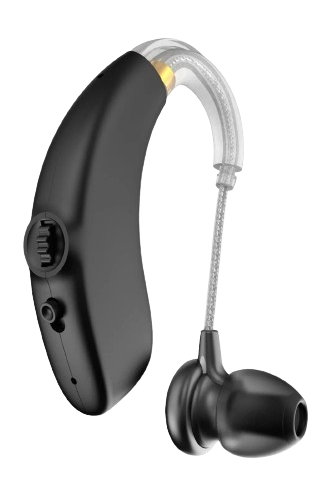CUP ELECTRODE


75+
Clinics
15+
Years Experience
100+
Audiologists
Get Free Quotes
Product Overview
The OpenBCI Gold Cup Electrodes comes as a ribbon cable with 10 passive gold electrodes that can be used with ANY OpenBCI board to sample brain activity (EEG), muscle activity (EMG), and heart activity (ECG/EKG). We recommend using industry-standard electrode paste to adhere the electrodes to the scalp and body. Linked below is the necessary electrode paste:
• Ten20 Paste EEG Conductive Paste
Product Instructions
EEG set-up using Gold Cup Electrodes and OpenBCI board
Electrodes must be replaced once the gold-coat is visibly scratched or worn. Exposed metal substrate will cause undesirable galvanic noise in data.
Technical Specifications
OpenBCI Electrode:
- 26 gauge stranded wire
- 1-meter or 1.5-meter, color-coded cable
- Single female header termination per cable
- Insulation = PVC rated to 80*C
- Overall cable OD = 1.45mm/0.057”
- Cup diameter is 10 mm
Tariff code 8544.42
international customers, please be advised that product prices do not include customs fees, import taxes, brokerage fees, or any customs clearance fees. This is the responsibility of the customer. Have questions about shipping internationally? Email sales@openbci.com

Hear the World Around You
At Clear Sound, we bring change in the way you approach wellness and care.
Frequently Asked Questions
The major hearing styles are IIC, CIC, ITC, ITE, BTE, RIC. All of them are in wired and wireless options. Now a days there is also option of hearing aids with Rechargeable batteries.
The cost of a hearing aid or aids really depends on the type of device required as well as added features and necessary professional services. Because everyone’s hearing problem is different, the price range varies from person to person and their choices.
If you have hearing loss in both ears the answer is YES! Research shows if someone with hearing loss in both ears only wears one hearing aid, their unaided ear is at great risk for increased and sometimes rapid auditory deprivation.
Hearing aids typically last about 5-6 years. We say this because of the tremendous advancements in technology. Hearing aids can last longer as long as they are properly taken care of and still appropriate for your lifestyle needs.
